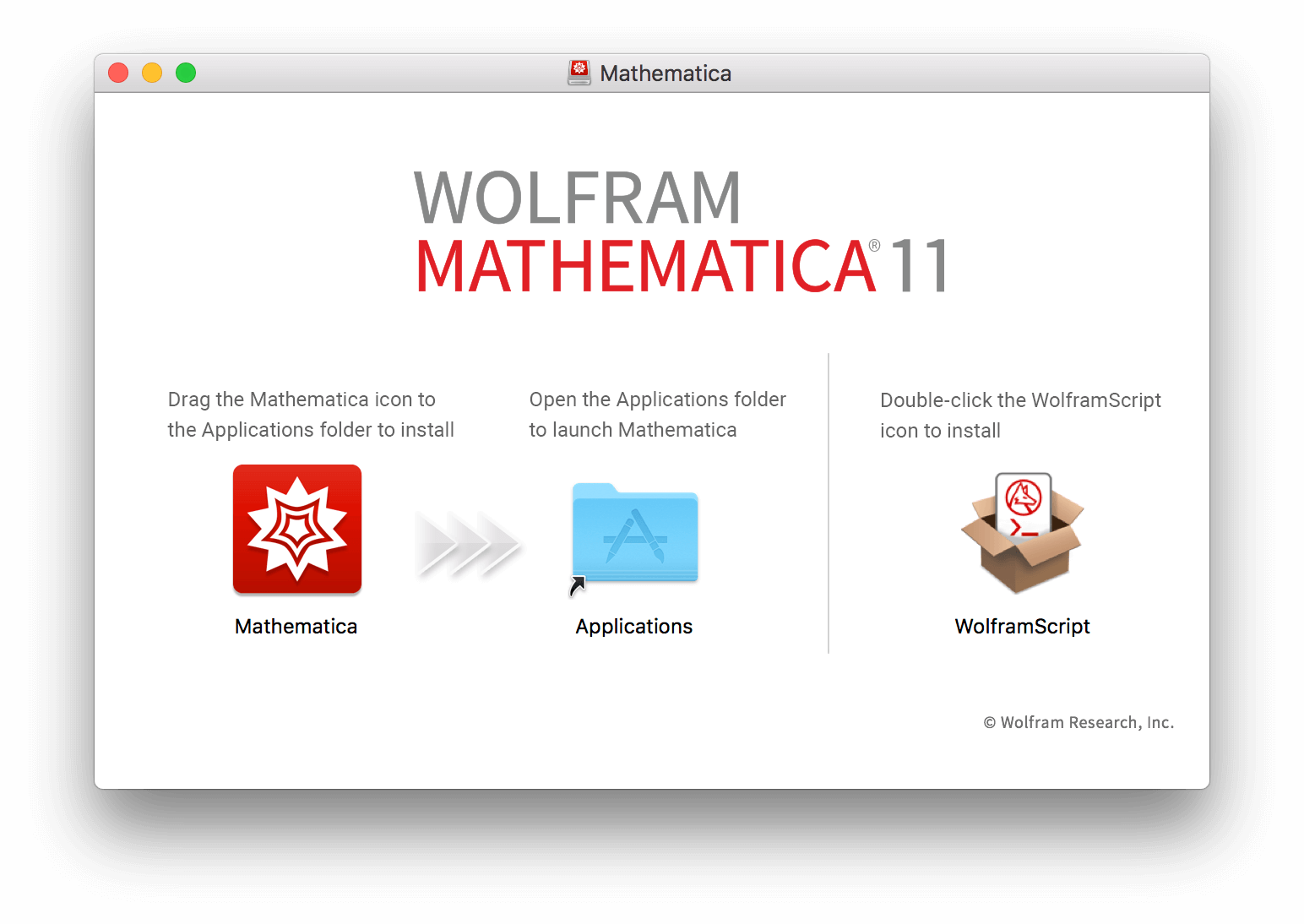

The functional parts of Mathematica/WL (by which I mean the equivalents of fold, filter, map, etc) are pretty straightforward and should be quite easy for a Lisp programmer to pick up. > I found that "just using it as a lisp" was a huge pain: the fact that Mathematica is, as you say, "actually a rule rewriting engine" kept causing it to behave in ways that looked absolutely bonkers if you were trying to think Lisp. (I understand Fortran's gotten progressively better, but I don't have any experience with anything after 95, and even that was a codebase heavily inflected with 77.) My experience with Mathematica is sort of like my experience with Fortran: if you stick to the sorts of problems for which it was developed (hard-core numerics for Fortran, symbolic manipulations for Mathematica), it's great, but if you want to do something more general you're in for a rough time. The lesson I learned, though, was to never use Mathematica for anything beyond basic symbolic calculations-integrals, that sort of thing. (Honestly, I feel pretty stupid for having even tried to do it in Mathematica in the first place.) Now, this is in part about the problem domain: I wasn't doing any symbolic manipulation, though (IIRC) I was comparing my results with those from some symbolic calculations. That was a rather more pleasant experience.

Ultimately I re-wrote it in Julia, which was a much better fit for the problem (exact diagonalization of a one-particle tight-binding Hamiltonian). Moreover, I never figured out how to do iterations quickly even once I got the thing working, it was prohibitively slow.

(I find my eyes glazing over almost immediately when I try to read the Wolfram blog: it's so very hard for me to see the structure of the code.) Perhaps once you become happy with the core principles of the language all of this gets better, but I spent quite a lot of time thinking it and never really got there. The jungle of function-definition-like expressions and the scoping constructs were particularly bad, but I also found that the language & the culture made it far too difficult to write readable code. I found that "just using it as a lisp" was a huge pain: the fact that Mathematica is, as you say, "actually a rule rewriting engine" kept causing it to behave in ways that looked absolutely bonkers if you were trying to think Lisp.


 0 kommentar(er)
0 kommentar(er)
